Why It’s So Important
Did you know pet owners and anglers have accidentally introduced some of Canada’s most troublesome invasive species? Species introductions often happen when pets, plants, or bait are improperly disposed of or let go into the wild. These invaders can spread diseases, outcompete our beloved native species, and harm the delicate ecosystems we cherish. Plus, it’s actually against the law to introduce any species into nature without the proper authorization!
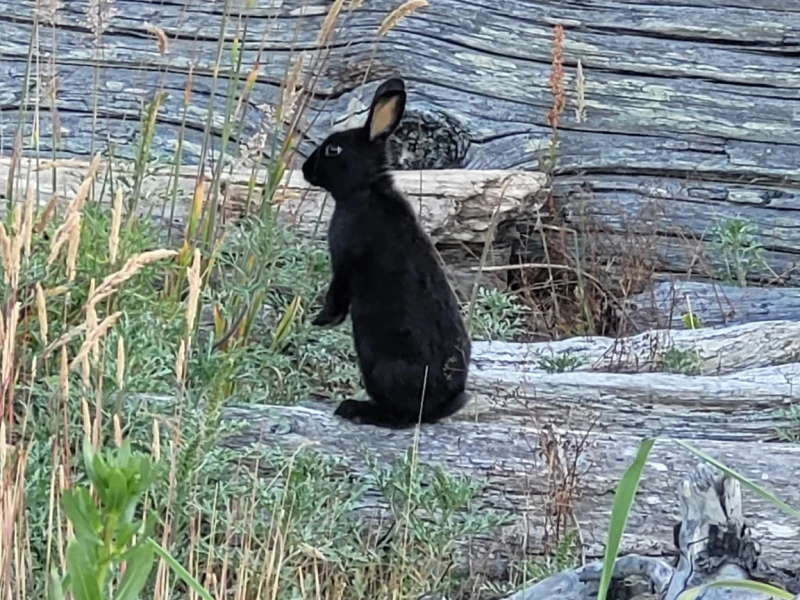
How Invasive Species Spread & What You Can Do
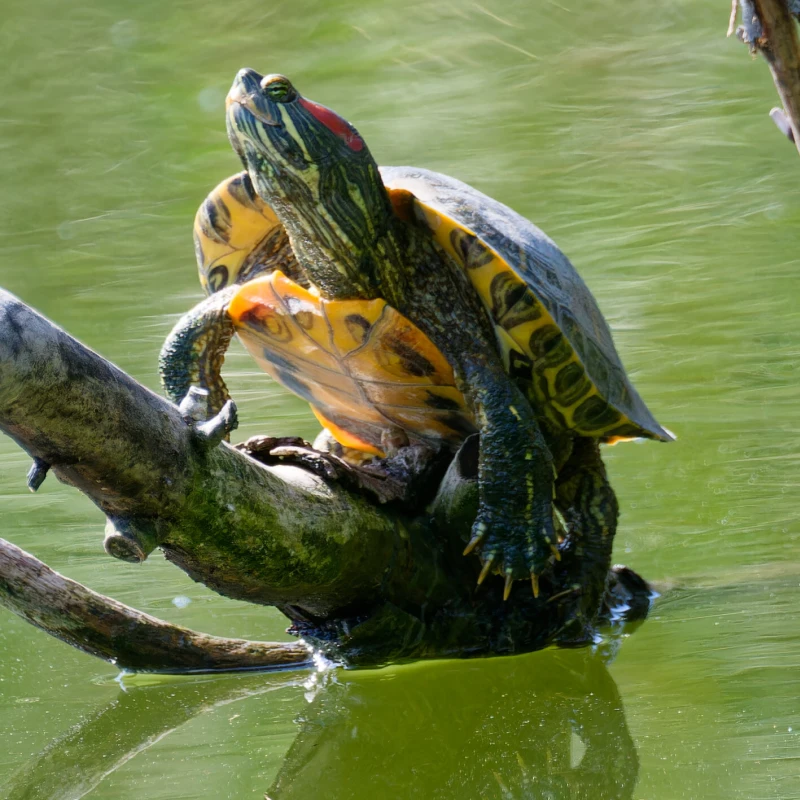
Pet, Pond, & Aquarium Ownership
Many of the plants and animals we buy for our homes or tanks may not be native. Releasing these creatures can put them and the local wildlife at risk!
Best Practices:
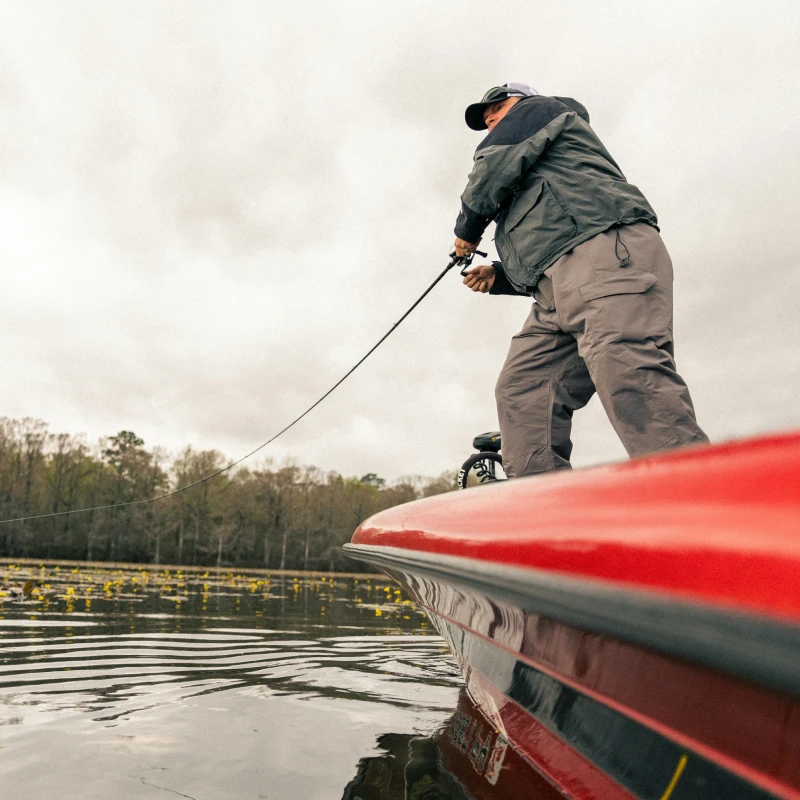
Sportfishing & Live Bait
Releasing live fish without permission can shake things up in our ecosystems. Even dead bait can introduce diseases!
Best Practices:
Live Food Release
Some people might think they’re helping the environment by releasing live food like fish or crabs, but this can lead to serious ecological issues.
Best Practices:
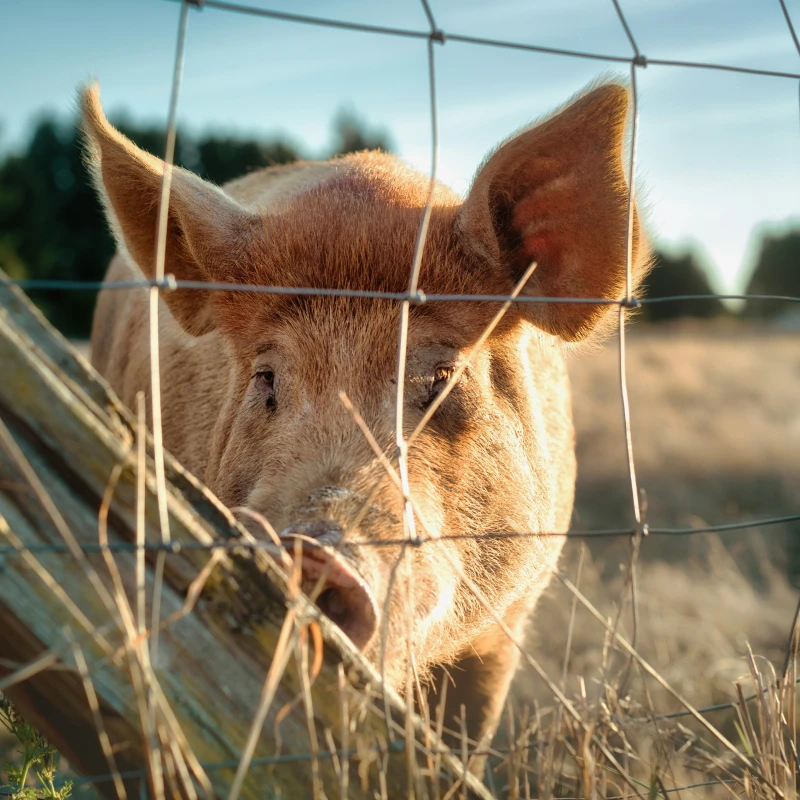
Livestock & Game Release
When livestock and game animals (wildlife that are hunted) break free, it can spell trouble for ecosystems and cause huge economic losses! Invasive wild pigs for example, destroy landscapes and agricultural fields, impacting plants, animals and farmers that use the land.
Best Practices:
The Impact on Indigenous Communities and Fishing
The introduction of invasive species has a significant effect on Indigenous people, especially those who rely on fishing and natural resources. Invasive species can mess with traditional fishing practices, threaten native fish populations, and even degrade water quality. This leads to dwindling fish stocks, which are essential for food security and cultural traditions.
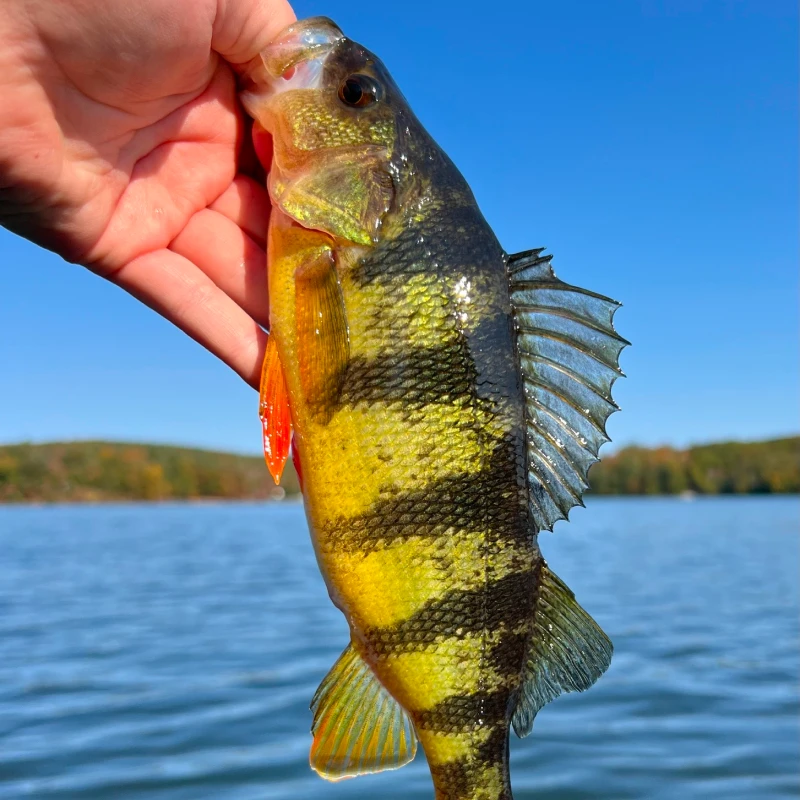
Upper Nicola Band: Invasive Species Impacts on Native Fish Spotlight
The Upper Nicola Band (UNB) is a Syilx community located in British Columbia’s Nicola Valley. In recent years, wildfires and floods have severely impacted UNB’s traditional territory, worsening the spread of invasive species in and around the Nicola River.
Among these challenges is the proliferation of invasive yellow perch and other aquatic invasive species, which are displacing culturally significant native fish and disrupting the Syilx way of life. An upcoming spotlight will highlight UNB’s multi-year efforts to address these impacts and restore balance to the region’s aquatic ecosystems.
These non-native species can change entire ecosystems, harming habitats and reducing the fish catches that communities depend on. Bridging knowledge systems and collaborating with Indigenous Nations through a ‘Two-Eyed-Seeing” framework is crucial for effective management of invasive aquatic species.
Complete the Don’t Let It Loose pledge
Releasing pets into the wild for whatever reason is not a responsible choice. These animals and plants may seem harmless, but they can cause real harm to native wildlife and water systems. Responsible pet ownership includes doing what’s best for our loved ones and the environment.
Resource Library
We’ve got tons of resources available for our program partners:
Check out our Become a Partner page to learn how you can get involved!
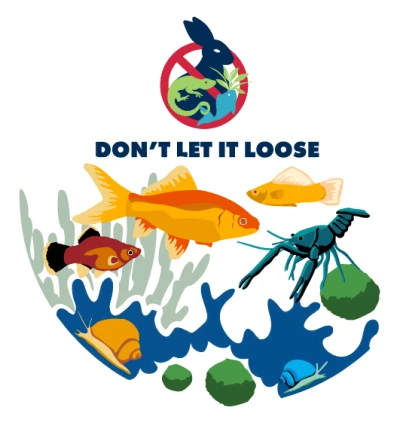
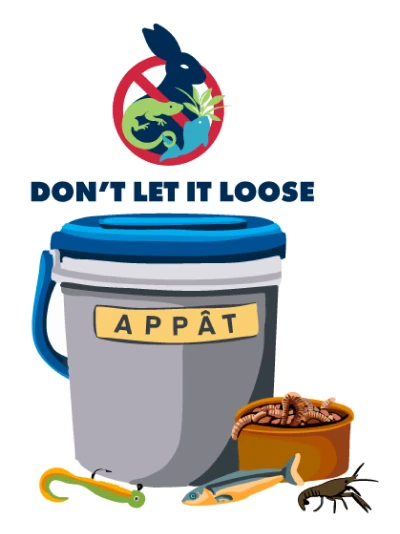
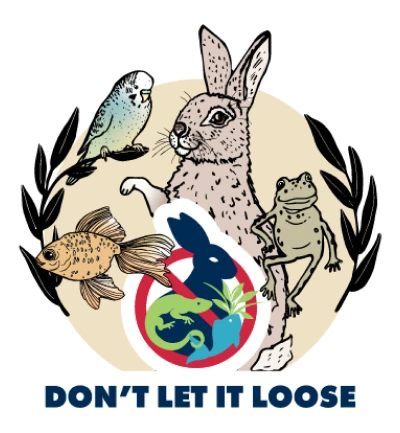
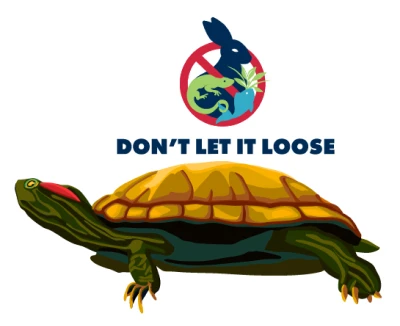
Preventing Aquatic Invasive Species
Human actions can spread aquatic invasive species quickly, but we can help! Fisheries and Oceans Canada is collaborating with partners to stop these introductions and enforce crucial regulations.
Let’s work together to keep our waters clean and our ecosystems thriving!
